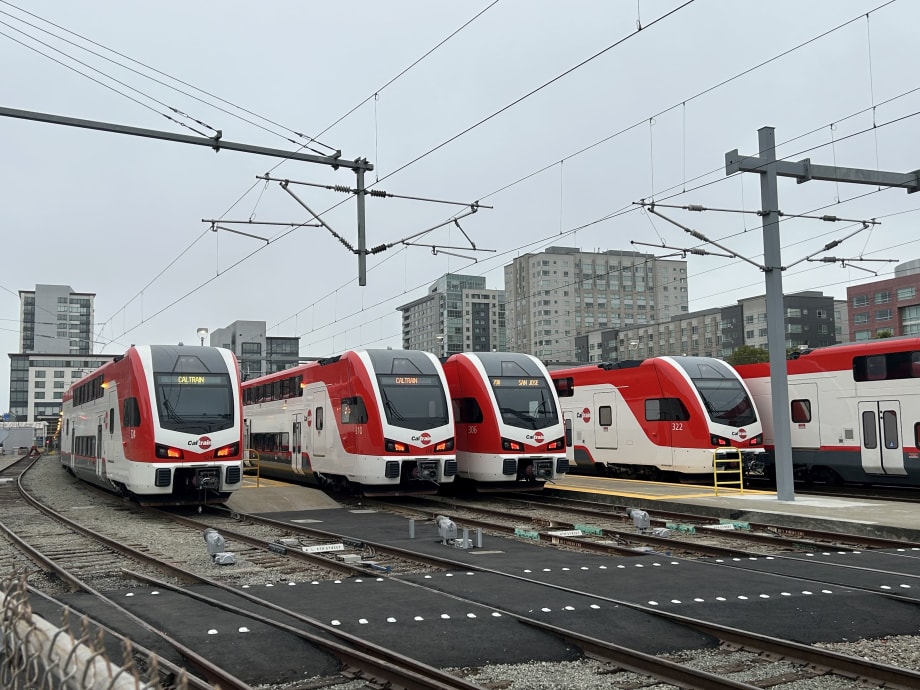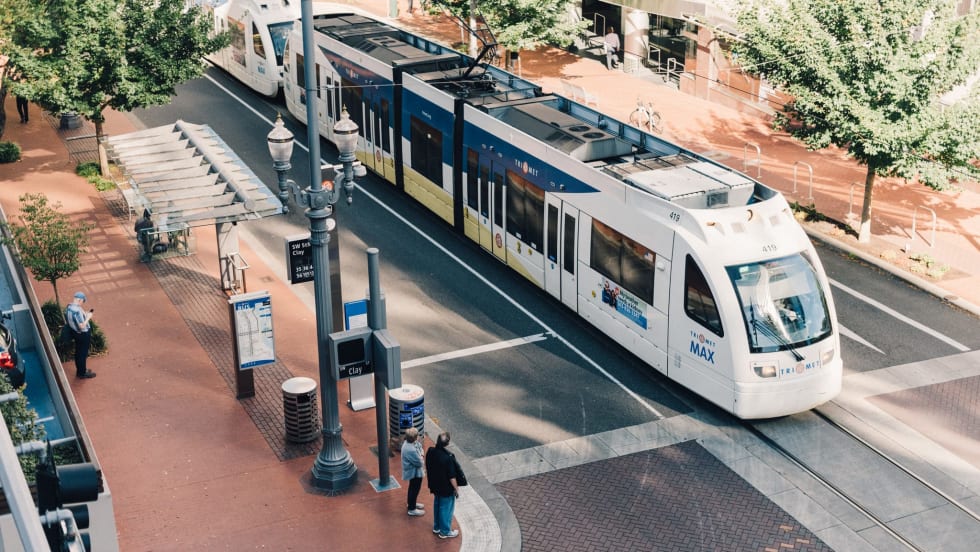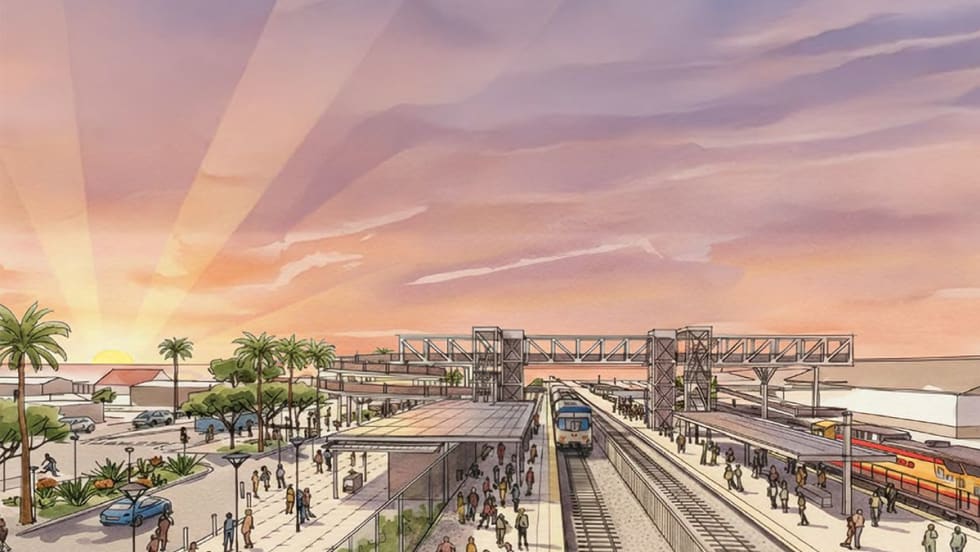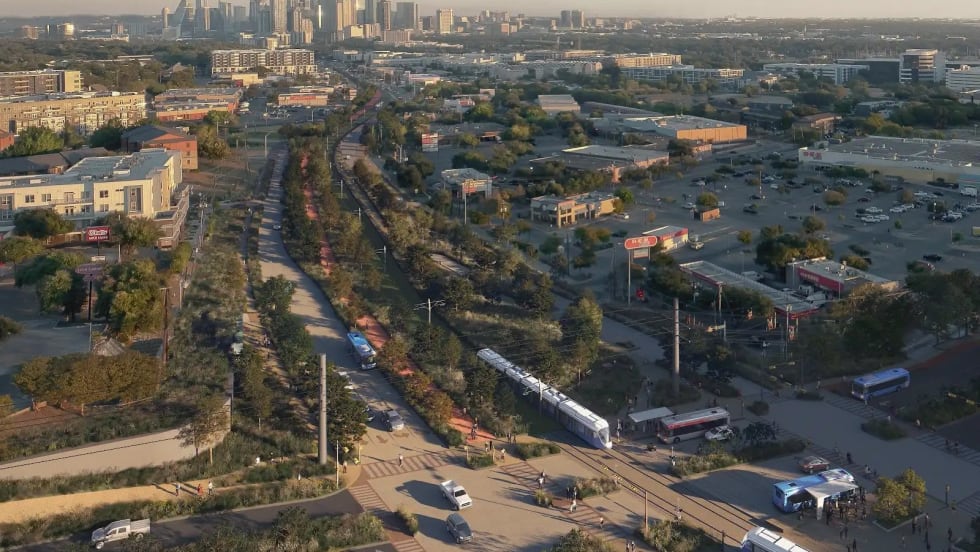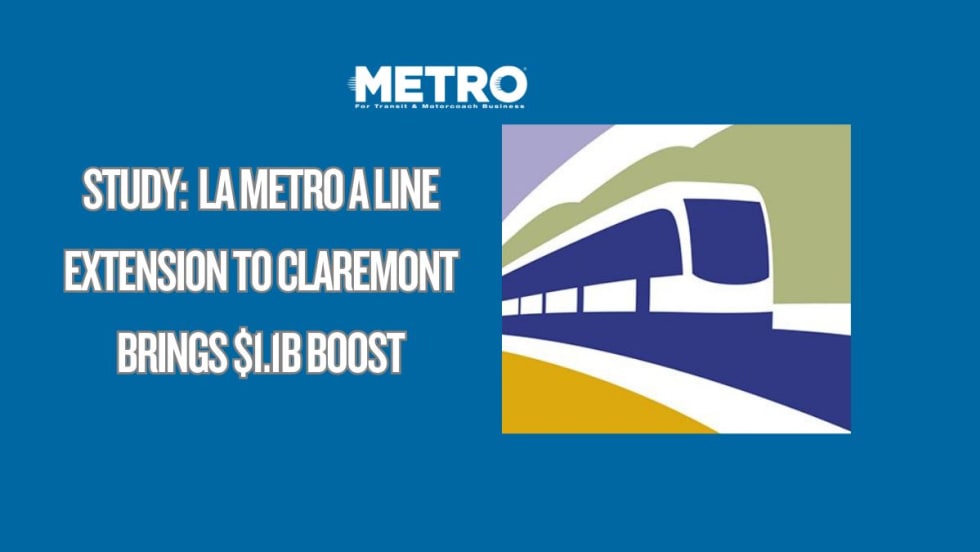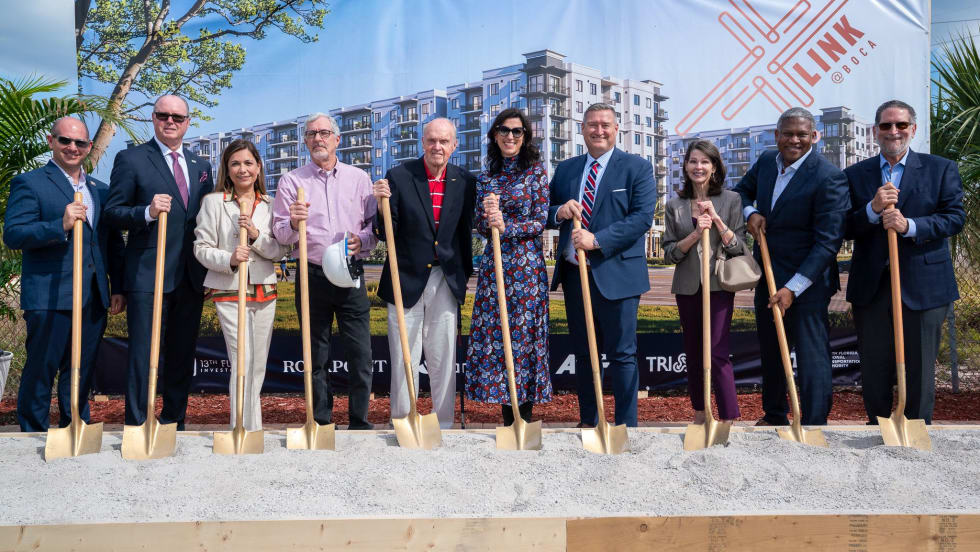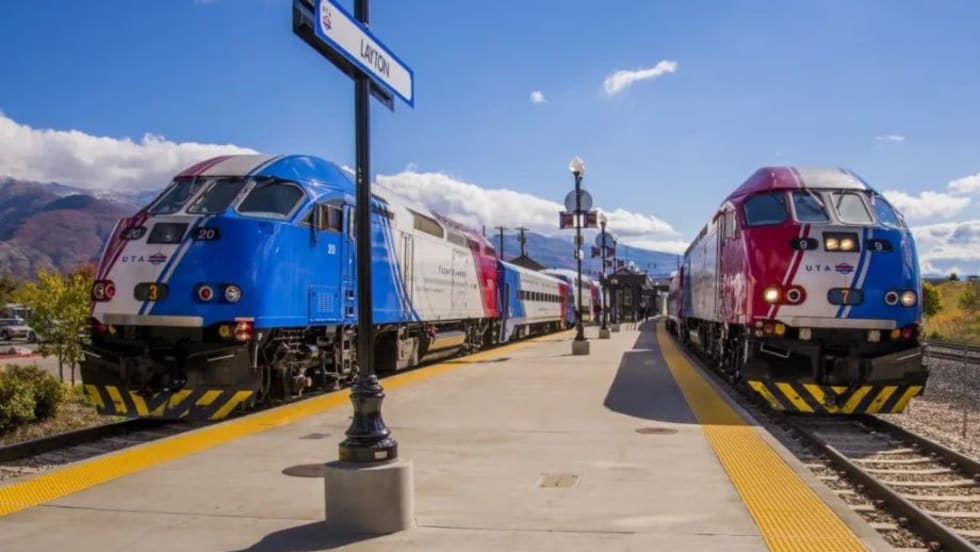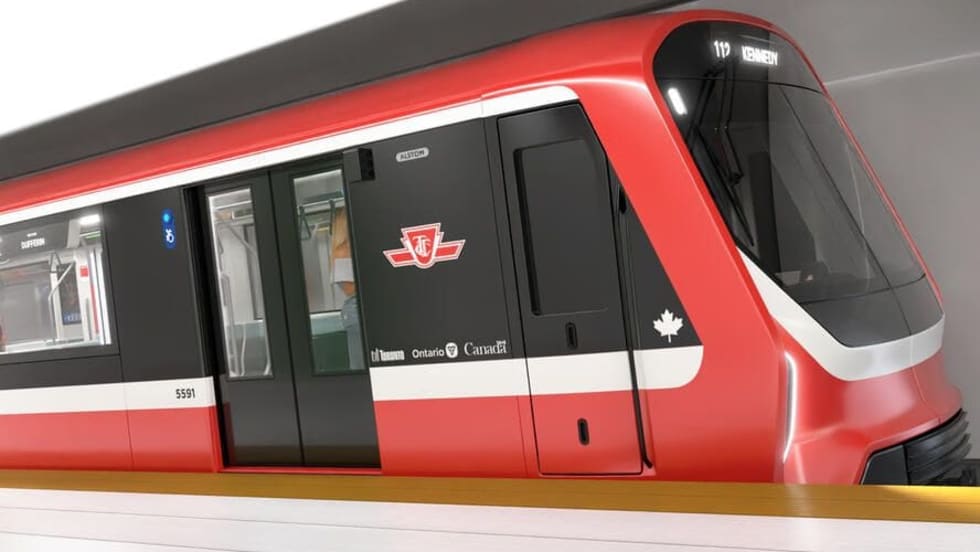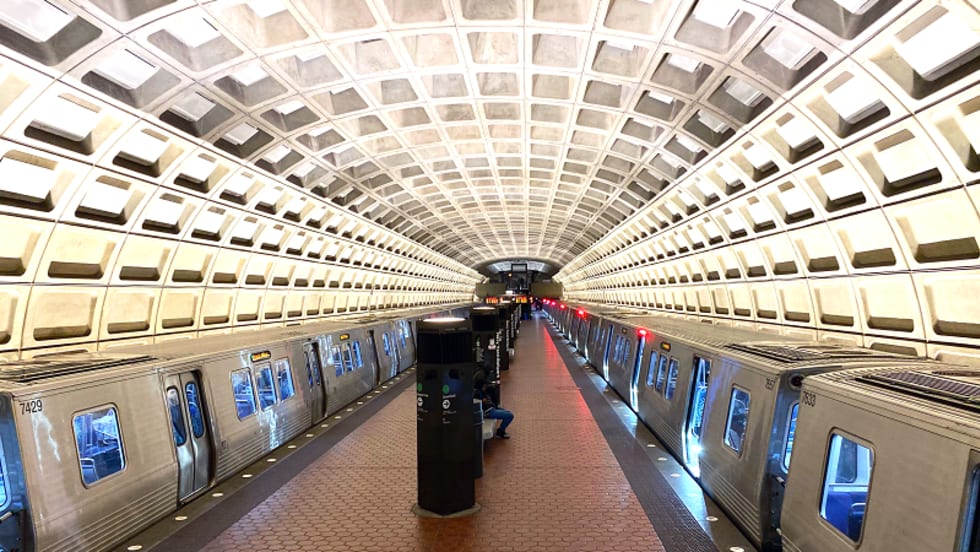Caltrain released the schedule designed for the new electric trains, which will launch alongside fully electrified mainline Caltrain service Sept. 21.
In addition to faster commute times and increased frequency, the schedule also features simplified service patterns, a new train numbering system, and an expedited transfer at San Jose Diridon for South County riders.
Caltrain’s Faster Service
Some of the faster service Caltrain riders can expect, include:
Weekday peak period service will feature four trains per hour running in each direction, including an express train running between San Jose and San Francisco in under an hour.
Local service times will be reduced from 100 minutes down to 77 minutes.
Travel time from Southern Santa Clara County (Gilroy/Morgan Hill) to San Francisco will be cut by up to 20 minutes.
Caltrain riders can also expect shorter wait times with more frequent service, including:
20% increase in train service at stations.
26% increase in train service at equity priority stations.
Half-hourly weekend service (compared to every hour today).
Highlights of Caltrain’s New Service
The new trains accelerate and decelerate faster than the diesel fleet, allowing Caltrain to run express trains that can make the journey in under an hour, while also serving 11 stations instead of the previous seven to eight. This means 16 stations will be served by three to four trains per hour per direction during peak travel times.
Additionally, weekend service, mid-day, and evening weekday service will run every half hour, making it far easier to use Caltrain to travel to sports games, concerts, and other public events.
Service patterns will be simplified through the use of “clockface” schedules, where trains arrive at stations at regular intervals to make it easier for passengers to remember, while also ensuring shorter wait times.




